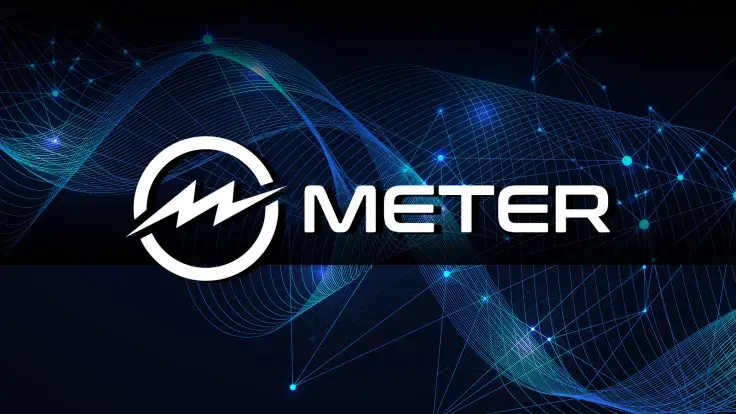
Meter, a new-gen L1 blockchain, shared the details of its latest open-source development. It announced the availability of Supernova Core, a Cosmos SDK-compatible consensus framework designed to replace CometBFT for better efficiency and novel features.
Meter L1 introduces Supernova Core to elevate Cosmos SDK usage
Decentralized blockchain network Meter, a pioneer in consensus infrastructure solutions, announces the public release of Supernova Core, a Cosmos SDK framework. Supernova Core is set to enhance both decentralization and performance for developers building on the Cosmos ecosystem.
Supernova Core leverages advanced consensus algorithms and cryptographic techniques like HotStuff and BLS to expand blockchain development. Fully compatible with the Cosmos SDK, Supernova Core offers a seamless transition for developers seeking to integrate high-performance consensus solutions, without abandoning familiar tools and frameworks.
Xiaohan Zhu, cofounder of Meter, highlights that the release unlocks an unmatched scope of opportunities for Cosmos-centric developers:
With Supernova Core, we are empowering the community to overcome the limitations of existing Cosmos SDK consensus mechanisms. By introducing innovations like BLS signature aggregation, more efficient network communication layer and the latest advancements in consensus protocols, Supernova Core enables developers to reach new heights of scalability and performance.
The consensus engine inside Supernova Core has been operational on the Meter mainnet for over four years, supporting a network of more than 300 validators and handling peak transaction loads of up to eight million transactions per day. Its extensive operations showcase its established reliability, efficiency and resilience, even under adverse conditions.
New opportunities for Ethereum-Cosmos synergy
Current Cosmos SDK-based blockchains face numerous challenges, including limited scalability, as existing consensus mechanisms struggle to maintain throughput as validator counts grow.
Performance bottlenecks arise from inefficient network designs and the overhead of validator consensus messages, which impedes scalability. Additionally, difficulties integrating Ethereum Virtual Machine (EVM) functionality limit opportunities for cross-chain development.
Future updates scheduled by Meter contributors will include support for parallel EVM execution and an optimized database tailored for Ethereum-style key/value store access patterns, further enhancing performance and developer experience.
 Dan Burgin
Dan Burgin Vladislav Sopov
Vladislav Sopov